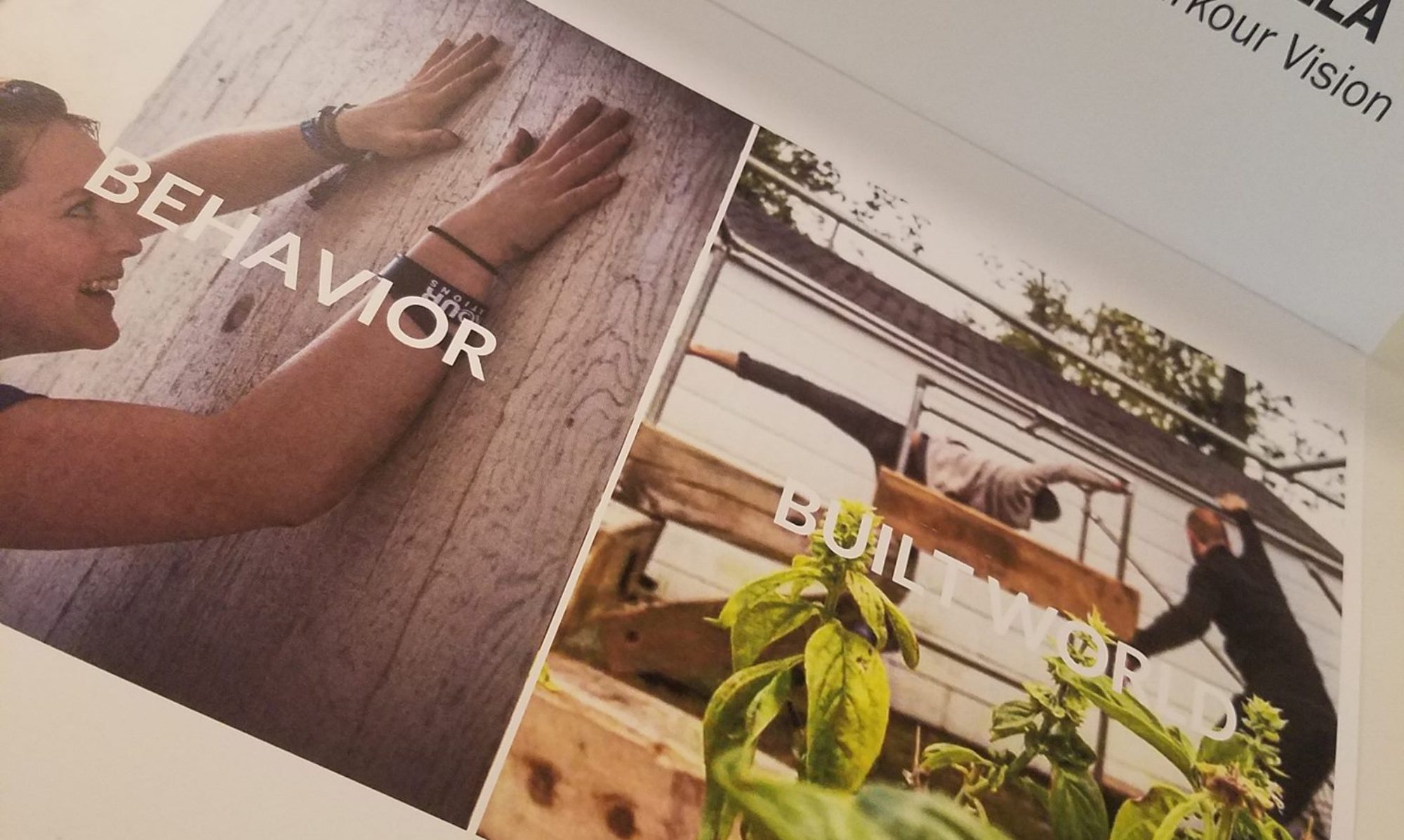Bernard DeKoven, founder of Deep Fun
“…In sport…one has to find a balance between letting go conscious control, and the need for monitoring. Finding form in any field is a matter of training, practice, and conscious hard work, grooving our techniques, and on the other hand allowing spontaneity.”
“Movement is the common denominator of all learning” – Brearley
“No matter how long ago it was since we allowed ourselves, somewhere inside we are always ‘ready to play’. All it takes is an invitation.” – Inez Aponte
“When you place one of these play-deprived animals in a somewhat novel, somewhat frightening environment they overreact with fear. ( …) They alternately freeze with fear and lash out with inappropriate and ineffective aggression. They don’t learn to respond to the social signals of the other animal.”
Peter Gray, psychologist and author, describes in his 2014 TED talk how animals who have been prevented from playing during early development become socially and emotionally crippled.
“Organizers of public play events of magnitude tend to forget that what they are doing is so radical, so fraught with political significance. Should they remember, they just might be able to appreciate how far their events reach beyond the fun they create. It’s fun, all right. New games. Old games. But it’s more than all that. It’s a social movement.” – Bernard DeKoven
“I have learned that Grief is a force of energy that cannot be controlled or predicted. It comes and goes on its own schedule. Grief does not obey your plans, or your wishes. Grief will do whatever it wants to you, whenever it wants to. In that regard, Grief has a lot in common with Love. The only way that I can “handle” Grief, then, is the same way that I “handle” Love — by not “handling” it. By bowing down before its power, in complete humility.” – Elizabeth Gilbert
“An honorable human relationship — that is, one in which two people have the right to use the word ‘love’ — is a process, delicate, violent, often terrifying to both persons involved, a process of refining the truths they can tell each other.” – Adrienne Rich
M: On Fear of Suffering, Avoiding Risk, Losing Joy→
“If you evade suffering you also evade the chance of joy. Pleasure you may get, or pleasures, but you will not be fulfilled. You will not know what it is to come home… Fulfillment… is a function of time. The search for pleasure is circular, repetitive, atemporal… It has an end. It comes to the end and has to start over. It is not a journey and return, but a closed cycle, a locked room, a cell… The thing about working with time, instead of against it, …is that it is not wasted. Even pain counts.”
– Ursula Le Guin
Reflection:
I see so many people (myself included!) avoid and run away from opportunities for joy due to fear of suffering, pain, and failure. Who and what are you turning away from in your life? What are you losing by saying no to those opportunities?
Life is not as certain as you think. So many of us operate on 2, 5, 10 year plans, when tomorrow it could all radically change. I think we need to ask ourselves more often–is it worth the risk to be patient, to feel secure, to feel ‘ready’ before we take a leap? There will always be another excuse, more growth we need to do, but there is only one today. And people, opportunities, can disappear as fast as they appear.
The Overprotected Kid and Barriers to Play
Recently the Atlantic there was an article released on
“One very thorough study of “children’s independent mobility,” conducted in urban, suburban, and rural neighborhoods in the U.K., shows that in 1971, 80 percent of third-graders walked to school alone. By 1990, that measure had dropped to 9 percent, and now it’s even lower.
When you ask parents why they are more protective than their parents were, they might answer that the world is more dangerous than it was when they were growing up. But this isn’t true, or at least not in the way that we think. For example, parents now routinely tell their children never to talk to strangers, even though all available evidence suggests that children have about the same (very slim) chance of being abducted by a stranger as they did a generation ago.”
⭐Maybe the real question is, how did these fears come to have such a hold over us? And what have our children lost—and gained—as we’ve succumbed to them?⭐
